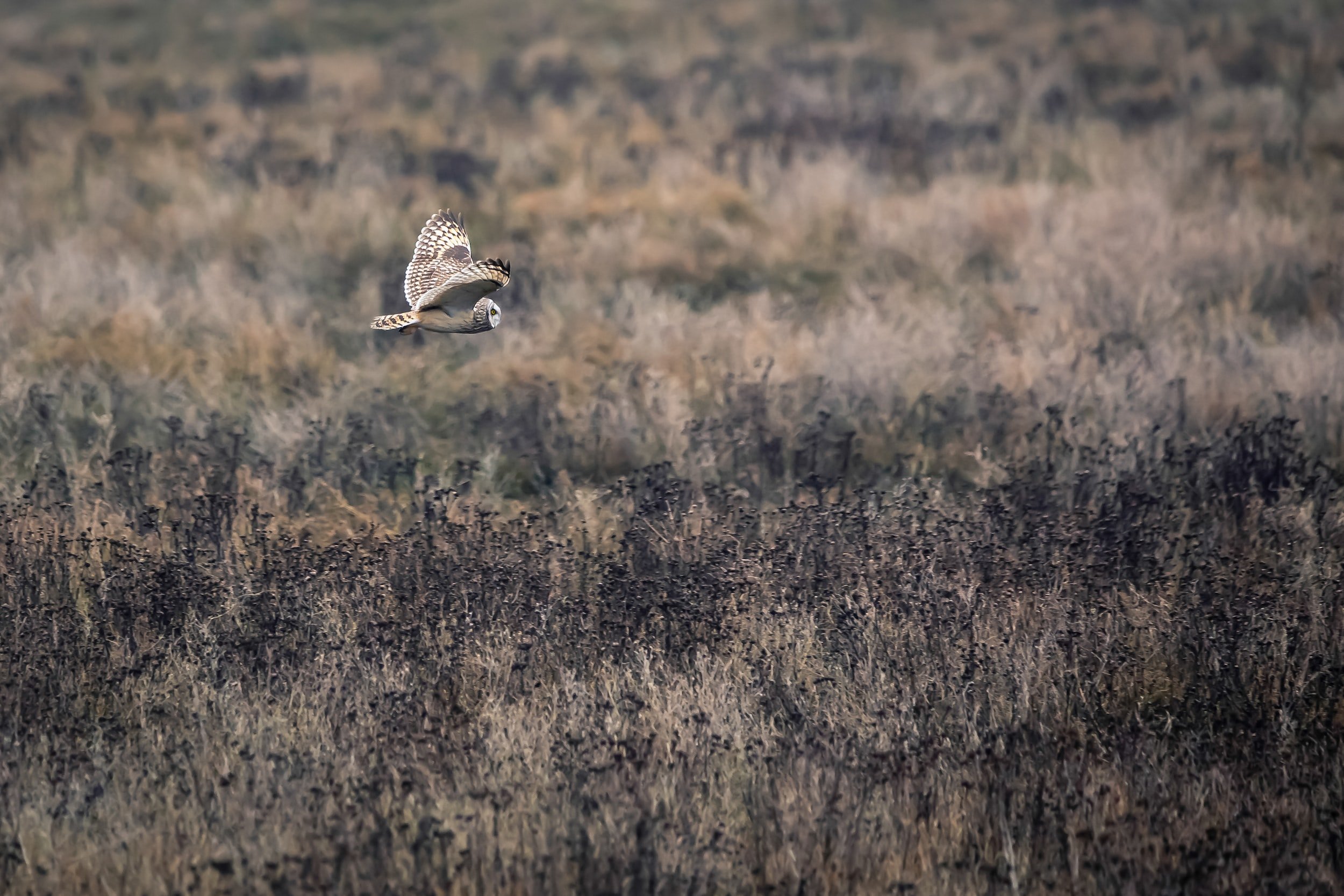National Indigenous History Month 2022
/June is National Indigenous History Month. It is a time for Indigenous Peoples to celebrate their history with pride and to pass down their cultures, languages, and protocols to the next generation. For non-Indigenous people, it is a month to recognize, learn about, and honour the diverse histories, cultures, and contributions of First Nations, Inuit, and Métis Peoples in Canada.
Indigenous Peoples in Canada continue to face injustice and systemic discrimination. Examples include a lack of drinkable water on reserves and high poverty rates among Indigenous communities. The legacy of Residential School system also continues to impact communities through intergenerational trauma.
This month is also Pride Month, a month to celebrate LGBTQ+ rights and recognize the injustice LGBTQ+ individuals and communities face every day. Indigenous philosophies of the Two-Spirit, which are persons who identify as having both a masculine and feminine spirit, have contributed greatly to the Canadian 2SLGBTQ+ rights movement.
Through learning and appreciating Indigenous contributions, we can all play a part in the journey towards reconciliation.
To learn more, we have provided some resources below.




